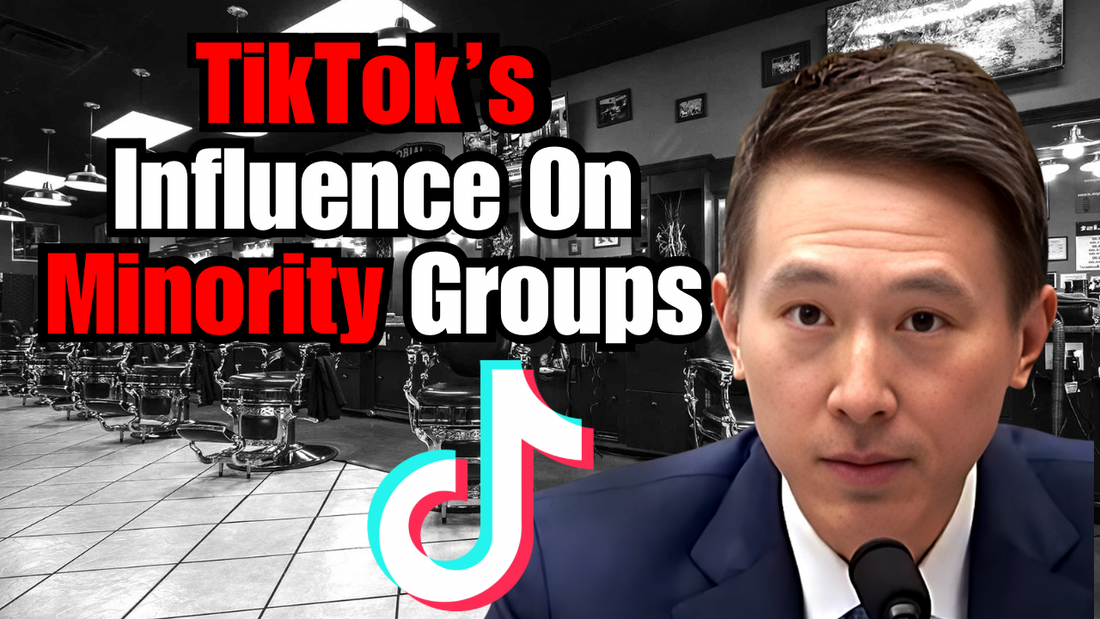In this article, we provide an update on the ongoing debate about the potential TikTok ban. The issue has garnered significant attention, particularly from racial justice and free speech groups who argue that removing TikTok would severely impact minority communities' ability to connect and express themselves online.
The Fight Against the TikTok Ban
Various groups have joined forces to combat the proposed TikTok ban. They argue that TikTok is a vital platform for minority groups to share their narratives and advocate for their causes. For example, F. Hussein of the Muslim Public Affairs Council highlights that TikTok offers a unique digital public square where unfiltered opinions and stories can be shared, dispelling stereotypes and combating disinformation.
The Unique Role of TikTok
Hussein emphasizes that TikTok's algorithm allows for broader reach and virality, even for users who aren't traditionally popular or influential. This capability distinguishes TikTok from other social media platforms like Facebook and Instagram, which often fail to highlight minority voices to the same extent.
Concerns About TikTok Censorship
However, there are concerns about TikTok's own censorship policies. Many creators report having their accounts banned for posting controversial content. These bans raise questions about whether TikTok is genuinely a free speech haven or if it selectively enforces its rules.

TikTok's Algorithm and Virality
One notable difference with TikTok is its algorithm, which seems to allow content to go viral more quickly and widely than on other platforms. This ability to amplify voices rapidly is seen as a crucial tool for minority groups to share their messages and experiences.
National Security Concerns
Lawmakers argue that TikTok poses a threat to data privacy and national security, suggesting that the app could be used for espionage by foreign governments. Hussein counters that these arguments are often used as a pretext for discrimination and censorship, urging the government to present concrete evidence if TikTok indeed poses a security risk.
The Hypothetical Influence of Foreign Entities
A hypothetical scenario suggests that foreign entities, like the Chinese government, could be influencing American groups to fight for TikTok, reminiscent of historical instances where the U.S. allegedly influenced political outcomes in other countries. This raises further questions about the motivations behind the support for TikTok.
Call for Transparency
There is a call for greater transparency from the government regarding the specific national security risks posed by TikTok. Many believe that clear communication and evidence are necessary to justify any actions taken against the platform.
Conclusion
The debate over the TikTok ban is multifaceted, involving issues of free speech, minority representation, censorship, and national security. As discussions continue, it remains crucial to consider all perspectives and ensure that any decisions made are based on transparent and substantiated evidence.
Join the Conversation
What are your thoughts on the TikTok ban? Do you believe it is a matter of national security, or are there other underlying reasons for this proposed action? Share your views in the comments below, and don't forget to like, subscribe, and connect with us in our Mastermind community for more discussions.


